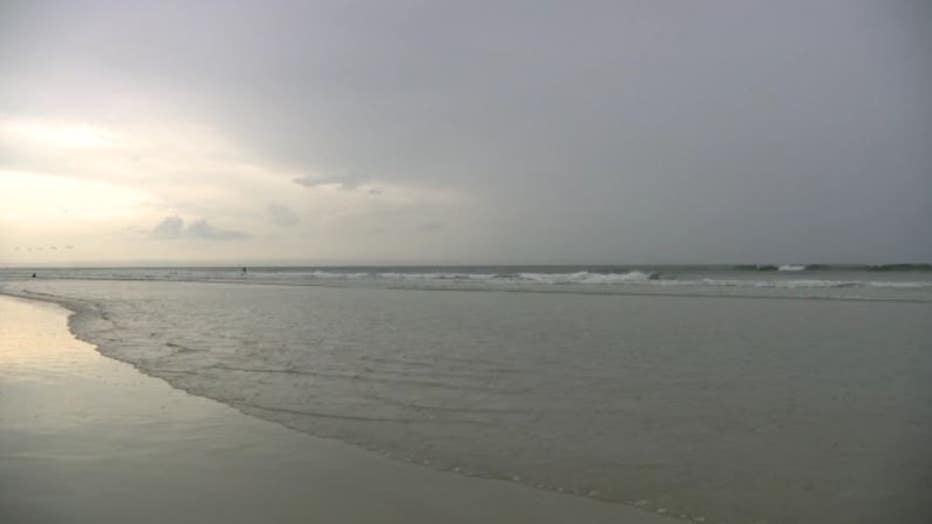Experts say COVID-19 is leading to less shark bites

Experts say COVID-19 is leading to less shark bites
Experts believe COVID-19 could be partially to blame for a significant decrease in shark bites.
VOLUSIA COUNTY, Fla. - Experts believe COVID-19 could be partially to blame for a significant decrease in shark bites.
Tyler Bowling, with the University of Florida’s International Shark Attack File, said this year shark bites are sinking.
“Normally, we have a slight kind of bump in the bites in about April, and then we start to ramp up in the summer, but we’re not seeing that this year,” he said.
He said from January to June in 2018, there were 30 unprovoked bites.
In 2019, he said that number was 28.
This year, he said they have only logged 20.
“And the most obvious reason is there’s less people at the beach due to COVID,” Bowling said.

In the case of New Smyrna Beach, Volusia County Beach Patrol told the Daytona Beach News-Journal it was shocked by the study, saying it hasn’t seen less crowds aside from a few weeks in March and April.
Bowling said despite the odds of being bitten by a shark being extremely low, beachgoers still shouldn’t let their guard down.
“Probably not gonna happen, but if it does, the best thing to do is punch it right in the snout or the gills,” he said.
He added there’s still a chance to see more shark bites in September when the sharks migrate south.

